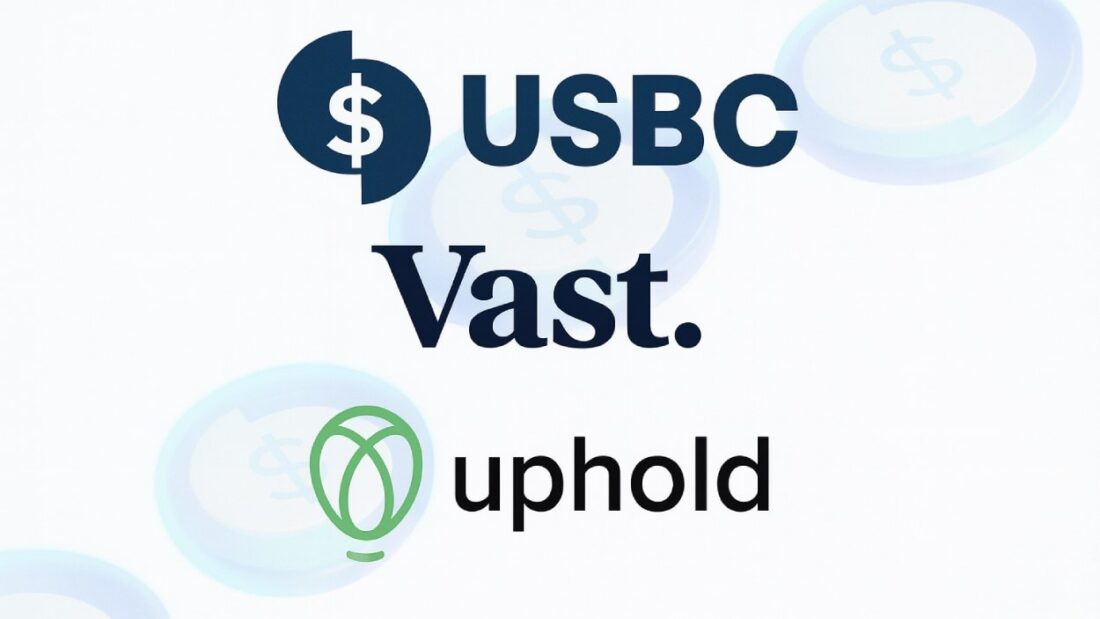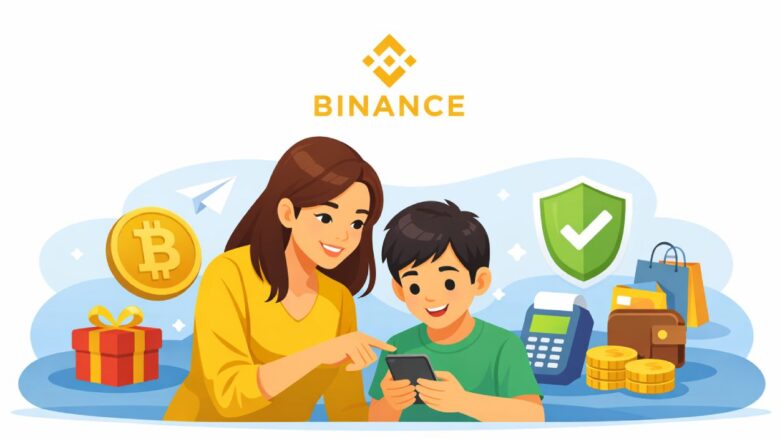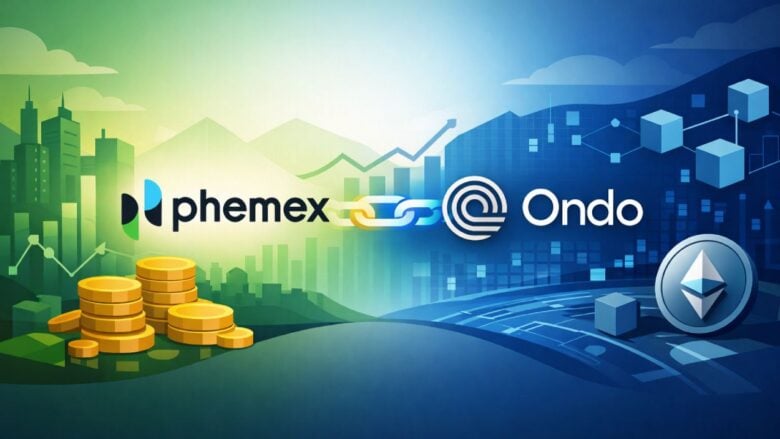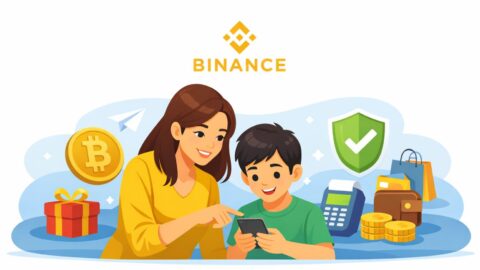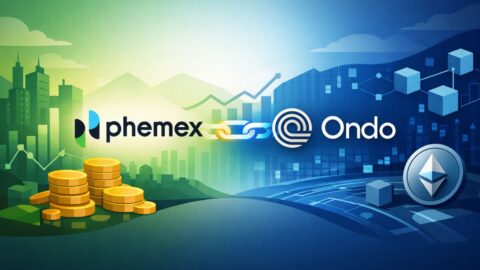USBC, Uphold, and Vast Bank have teamed up to launch the world’s first tokenized U.S. dollar retail deposits, combining traditional banking protections with blockchain accessibility.
Key Takeaways
- USBC, Uphold, and Vast Bank announced a partnership to launch the world’s first retail tokenized U.S. dollar deposit accounts.
- Accounts will be available to global users via Uphold starting in 2026, with deposits backed by real U.S. dollars held at Vast Bank.
- Deposits are expected to be FDIC-insured and compliant with U.S. regulations, setting them apart from stablecoins.
- This blockchain-based system brings U.S. dollar banking to a global audience, powered by tokenized finance and regulatory safeguards.
What Happened?
USBC Inc., in partnership with digital finance platform Uphold and nationally chartered Vast Bank, has revealed plans to offer tokenized U.S. dollar deposit accounts globally. These accounts, available beginning in 2026, will combine the security of U.S.-regulated banking with the innovation and speed of blockchain technology. The move aims to make real U.S. dollar deposits accessible worldwide, especially for users outside the traditional U.S. banking system.
Big announcement!
— USBC (@USBCxyz) October 23, 2025
Through @USBCxyz’s strategic partnership with @UpholdInc and @VastBank, we are launching the world’s first retail tokenized deposit issued by a nationally-chartered U.S. bank, designed to make U.S. dollar deposit accounts accessible worldwide.
USBC tokenized… pic.twitter.com/7ebJO5CwdS
A New Chapter for U.S. Dollar Banking
The three-party initiative will allow global Uphold users to open U.S. dollar deposit accounts with Vast Bank. These accounts will hold real dollars and represent them digitally using USBC’s privacy-preserving blockchain. This structure offers all the benefits of blockchain finance while retaining the core protections of the traditional banking system, including potential FDIC insurance coverage and Regulation E compliance.
USBC’s Chairman and CEO Greg Kidd, a former Ripple and Coinbase advisor, emphasized the significance of the partnership, stating that it builds a compliant, scalable framework to move U.S. dollars digitally around the world.
Key features of the offering include:
- Tokenized U.S. dollar deposits backed by real funds at a federally regulated U.S. bank.
- Access to accounts worldwide via Uphold, with customer funds recorded on-chain by USBC.
- Eligibility for FDIC insurance within applicable limits, bringing added assurance to users.
- Reg E protections, which ensure recourse in cases of unauthorized transactions.
What Makes This Different From Stablecoins?
Unlike stablecoins such as USDC or Tether, USBC tokenized deposits are not synthetic instruments issued by fintech firms. Instead, they are real bank deposits issued by a nationally chartered U.S. bank and represented digitally in a fully regulated environment. This new model may set a precedent for other banks and fintechs looking to enter the digital dollar space more securely.
Simon McLoughlin, CEO of Uphold, called the move a major leap forward:
A Scalable Model With Global Potential
The companies believe this system will:
- Drive new revenue streams for USBC and Vast Bank through global deposits.
- Expand financial access for individuals and institutions in underserved regions.
- Set a regulatory and technological blueprint for compliant on-chain banking.
USBC has also published a whitepaper explaining its vision for tokenized deposits, which lays out the benefits and infrastructure of this system for future adoption by other institutions.
Although the current agreement is a non-binding Memorandum of Understanding (MOU), all three parties plan to finalize terms in a definitive agreement by Q4 2025. The launch is contingent upon board and regulatory approval.
CoinLaw’s Takeaway
I think this is one of the most important fintech developments we’ve seen in years. In my experience, tokenization projects usually hit regulatory roadblocks or lack real-world use cases. This one does not. It checks all the right boxes: real dollars, a regulated U.S. bank, global reach, and a trusted crypto platform. If this takes off, it could reshape how people outside the U.S. access and move money. I found the inclusion of FDIC protection and Reg E compliance especially powerful, because it adds a layer of trust that most blockchain products simply don’t offer. This feels like the start of a new financial infrastructure rather than just another crypto product.

